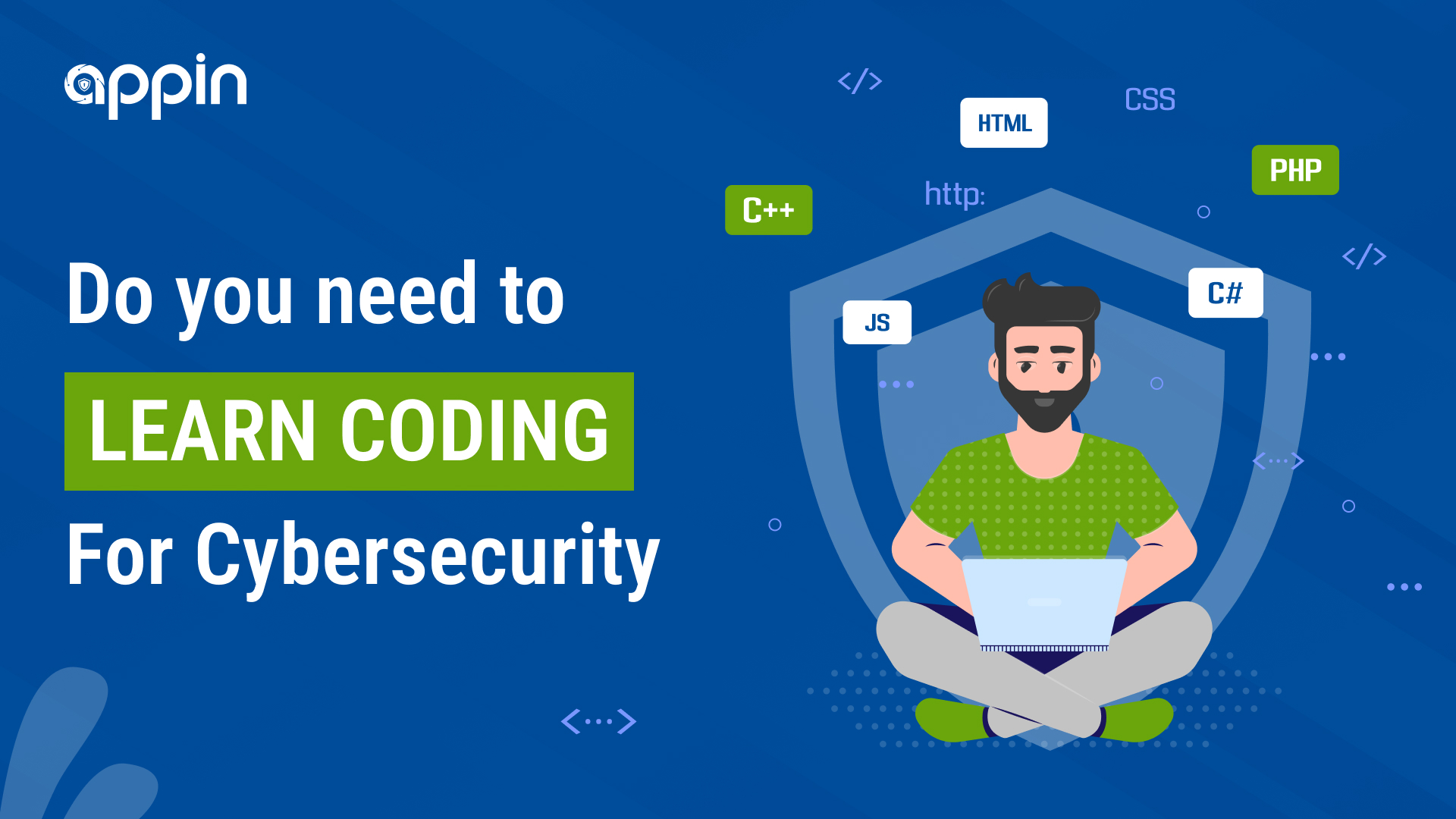Are you interested in pursuing a cybersecurity or ethical hacking career but unsure if you need to learn coding? This question is common among aspiring professionals in these fields.
Many people believe that coding skills are essential for success in these fields, while others argue that they are not necessary. In this guide, we’ll explore the importance of coding skills in cybersecurity and ethical hacking, the role coding plays in various cybersecurity roles, and whether it’s necessary to learn coding to succeed in these careers.
The Role of Coding in Cybersecurity
Coding plays a significant role in cybersecurity, particularly in penetration testing, threat analysis, and security tool development.
Penetration testers, also known as ethical hackers, use coding skills to write scripts and programs that automate tasks, exploit vulnerabilities, and simulate cyber attacks. Understanding programming languages such as Python, Ruby, and PowerShell can be beneficial for conducting effective penetration tests and identifying security flaws.
Additionally, cybersecurity professionals may need to analyze malware code to understand how it works and develop countermeasures to defend against it. Knowledge of coding languages like C, C++, and Assembly can be valuable for reverse engineering malware and identifying its behaviour.
The Importance of Learning Coding for Cybersecurity and Ethical Hacking:
While coding skills are not always mandatory for entry-level positions in cybersecurity and ethical hacking, they are highly beneficial and can significantly enhance your effectiveness and versatility in these fields. Here are some reasons why learning coding is important:
- Automation: Coding allows you to automate repetitive tasks, streamline processes, and save time in cybersecurity operations.
- Customization: With coding skills, you can customize tools and scripts to meet specific requirements and adapt to evolving threats and challenges.
- Problem-Solving: Coding teaches you how to think logically, break down complex problems, and develop solutions, which are essential skills in cybersecurity and ethical hacking.
- Flexibility: Coding skills provide flexibility to explore different areas within cybersecurity, such as penetration testing, forensics, incident response, and tool development.
- Career Advancement: In today’s competitive cybersecurity landscape, professionals with coding skills are in high demand and often command higher salaries and opportunities for career advancement.
Do You Need to Learn Coding for a Career in Cybersecurity and Ethical Hacking?
The answer is No. Learning coding is not an absolute requirement for every cybersecurity role, it can significantly enhance your capabilities and open up more opportunities for career growth and advancement. Here are some factors to consider:
- Job Requirements: Review job descriptions for cybersecurity roles you’re interested in to see if coding skills are listed as a requirement or preferred qualification.
- Specialization: Depending on the specific cybersecurity role you’re pursuing, coding skills may be more or less critical. For example, roles in penetration testing and tool development typically require stronger coding skills than positions in cybersecurity policy or compliance.
- Continuous Learning: The cybersecurity field is constantly evolving, and learning coding languages is an ongoing process. Even if coding skills are not initially required for your role, continuing to develop and refine your coding abilities can position you for future opportunities and career advancement.
What Skills Do I Need to Start a Cybersecurity Career?
For cybersecurity professionals, coding skills can enhance their capabilities in various areas:
- Scripting: Writing scripts to automate routine tasks, such as network scanning, log analysis, and system configuration.
- Penetration Testing: Developing exploits and payloads to identify and exploit vulnerabilities in systems and applications.
- Forensics: Write scripts to analyze digital evidence, extract information from logs and disk images, and automate forensic analysis tasks.
- Incident Response: Creating scripts to automate incident detection, response, and remediation processes during cybersecurity incidents.
- Tool Development: Building custom tools and utilities to enhance security monitoring, threat detection, and incident response capabilities.
How to Learn Coding for Cybersecurity and Ethical Hacking
If you’re interested in learning coding for cybersecurity and ethical hacking, many resources are available to help you get started. Online courses, tutorials, and books can provide a solid foundation in programming languages such as Python, which is widely used in cybersecurity for its versatility and ease of use.
Additionally, participating in Capture the Flag (CTF) competitions and hands-on labs can help you apply coding skills in real-world scenarios and gain practical experience. Networking with experienced professionals in the cybersecurity community and joining online forums and communities can also provide valuable insights and guidance on learning coding for cybersecurity.
Conclusion
While coding skills are not strictly required for a career in cybersecurity and ethical hacking, they can significantly enhance your capabilities and open up opportunities for advancement in these fields. Whether you’re conducting penetration tests, analyzing malware, or developing security tools, coding proficiency can give you a competitive edge and help you excel in your cybersecurity career.
At Appin Technology Lab, we offer cybersecurity training tailored to industry demands, ensuring individuals gain essential skills without requiring coding expertise. With a focus on practical experience and certification, Appin equips learners with the knowledge needed to excel in cybersecurity, regardless of coding background.


